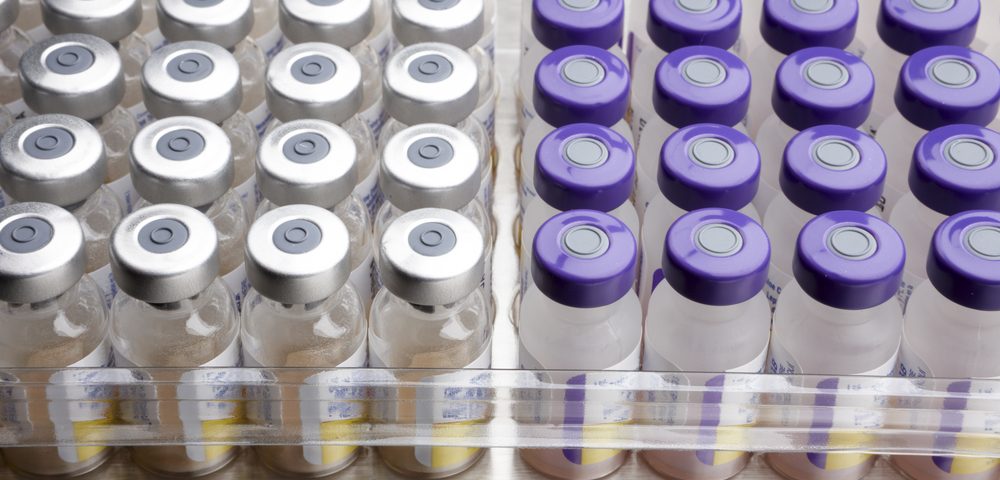ABP 798, a biosimilar to Rituxan (rituximab), is showing comparable efficacy results to its original product in a Phase 3 trial for non-Hodgkin’s lymphoma patients, the treatment’s co-developers, Amgen and Allergan, have announced.
The therapy also has a similar safety and immunogenicity (i.e., whether the immune system reacts against the compound) profile.
“Today’s results with ABP 798 demonstrate another positive development from Amgen’s robust pipeline of biosimilar medicines, and we look forward to working with regulatory agencies to bring this treatment to patients,” David M. Reese, MD, Amgen’s executive vice president of research and development, said in a news release.
A biosimilar is a biological medical product that is nearly identical to its original product, but is manufactured by a different company after the original product’s patent expires. Biosimilars are usually sold at significantly lower prices.
BP 798 is an antibody that, like Rituxan, targets the CD20 molecule located in healthy B-cells and lymphoma cells. When bound to CD20, the treatment triggers the death of cancer cells both directly and by recruiting immune cells to the cancer’s vicinity.
Because biological medicines are grown in cells and may show some differences from similarly designed products, regulatory agencies require extensive data showing that a biosimilar behaves in a similar way to the original medicine in its absorption, distribution, metabolism, and excretion, which is collectively called pharmacokinetics.
In a prior Phase 3 trial, researchers showed that ABP 798 had a similar pharmacokinetic profile to Rituxan in patients with moderate-to-severe rheumatoid arthritis — another indication for which Rituxan is approved. Efficacy, safety, and immunogenicity were also comparable.
Now, the JASMINE Phase 3 trial (NCT02747043) has demonstrated that the therapies are also comparable in non-Hodgkin’s lymphoma patients.
JASMINE included 256 participants with CD20-positive B-cell non-Hodgkin’s lymphoma, who received four weekly intravenous infusions of Rituxan or ABP 798, followed by dosing at weeks 12 and 20.
After 28 weeks, a similar proportion of patients in both groups responded to treatment, suggesting that the therapies are clinically equivalent. Moreover, the safety and immunogenicity of ABP 798 was also similar to that seen with Rituxan.
The findings are expected to make ABP 798 available for the same indications as Rituxan, which include non-Hodgkin’s lymphoma, rheumatoid arthritis, chronic lymphocytic leukemia, the skin disease pemphigus vulgaris, and two subtypes of ANCA-associated vasculitis — granulomatosis with polyangiitis and microscopic polyangiitis.
“We continue to leverage our deep expertise and heritage in biologics across innovative and biosimilar medicines as part of our commitment to providing a range of treatment options for patients with the most serious diseases, including cancer,” Reese said.


